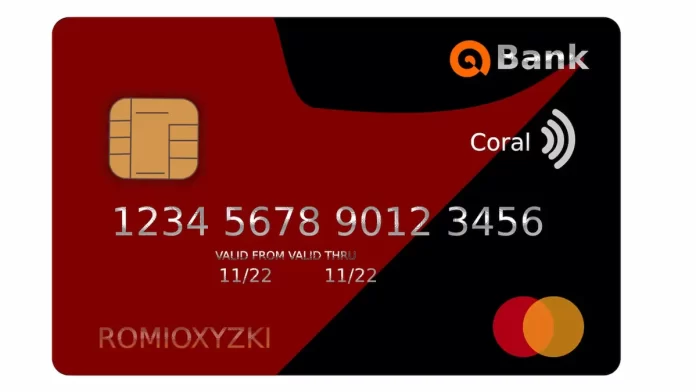Payment banks are a unique class of financial institutions that play a crucial role in India’s financial inclusion and digitalization efforts.
Established by the Reserve Bank of India (RBI) in 2014, payment banks are authorized to provide a range of banking services with a focus on promoting financial services to the unbanked and underbanked populations.
This article will delve into the legal framework governing payment banks in India, examining their allowed activities and the activities they are prohibited from undertaking.
Concept of Payment Banks
Payment banks are a distinct category of banks designed to offer limited banking services.
They operate on a digital and technology-driven model, providing essential banking services without engaging in credit risk or lending activities.
The primary objective of payment banks is to facilitate secure and cost-effective transactions, enhance financial literacy, and promote financial inclusion.
Some notable examples of Payment Banks in India Include-
- Airtel Payments Bank
- Paytm Payments Bank
- India Post Payments Bank (IPPB)
- Jio Payments Bank
Allowed Activities of Payment Banks
- Accepting Deposits: Payment banks are permitted to accept deposits from individuals and small businesses, up to a prescribed limit. They can accept a maximum balance of ₹2 lakh per customer.
- Electronic Fund Transfers: Payment banks enable customers to conduct electronic fund transfers, including remittances, bill payments, and domestic money transfers. This helps facilitate seamless transactions and reduce the reliance on cash-based transactions.
- Issue of Prepaid Payment Instruments (PPIs): Payment banks can issue prepaid payment instruments like mobile wallets, prepaid cards, and virtual cards. These instruments offer a convenient and secure way for customers to make payments and conduct various financial transactions.
- Distribution of Third-Party Financial Products: Payment banks are allowed to distribute third-party financial products, such as mutual funds, insurance, and pension products. This enhances the accessibility of financial services to a wider customer base.
- Payment and Settlement Systems: Payment banks can participate in payment and settlement systems, further strengthening the digital infrastructure of India’s financial ecosystem.
Prohibited Activities of Payment Banks
- Lending and Credit Facilities: One of the key limitations of payment banks is that they are not permitted to engage in lending or credit facilities. Unlike traditional banks, payment banks cannot offer loans, credit cards, or any form of credit.
- Foreign Exchange Transactions: Payment banks are not authorized to undertake foreign exchange transactions, including forex remittances or offering foreign currency accounts.
- Non-Banking Activities: Payment banks cannot engage in non-banking activities, such as large-scale trading or investments unrelated to their core functions.
Conclusion
The legal regime governing payment banks in India strikes a balance between providing essential banking services to the underserved population and maintaining financial stability.
While payment banks are allowed to accept deposits, offer electronic fund transfers, and issue prepaid payment instruments, they are prohibited from engaging in credit risk or lending activities.
These restrictions are designed to safeguard the interests of depositors and maintain the integrity of India’s financial system.
As technology continues to reshape the banking landscape, payment banks will continue to play a significant role in promoting financial inclusion and fostering digital transactions in India.
